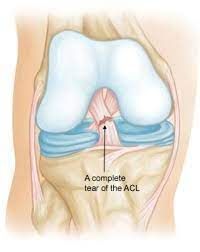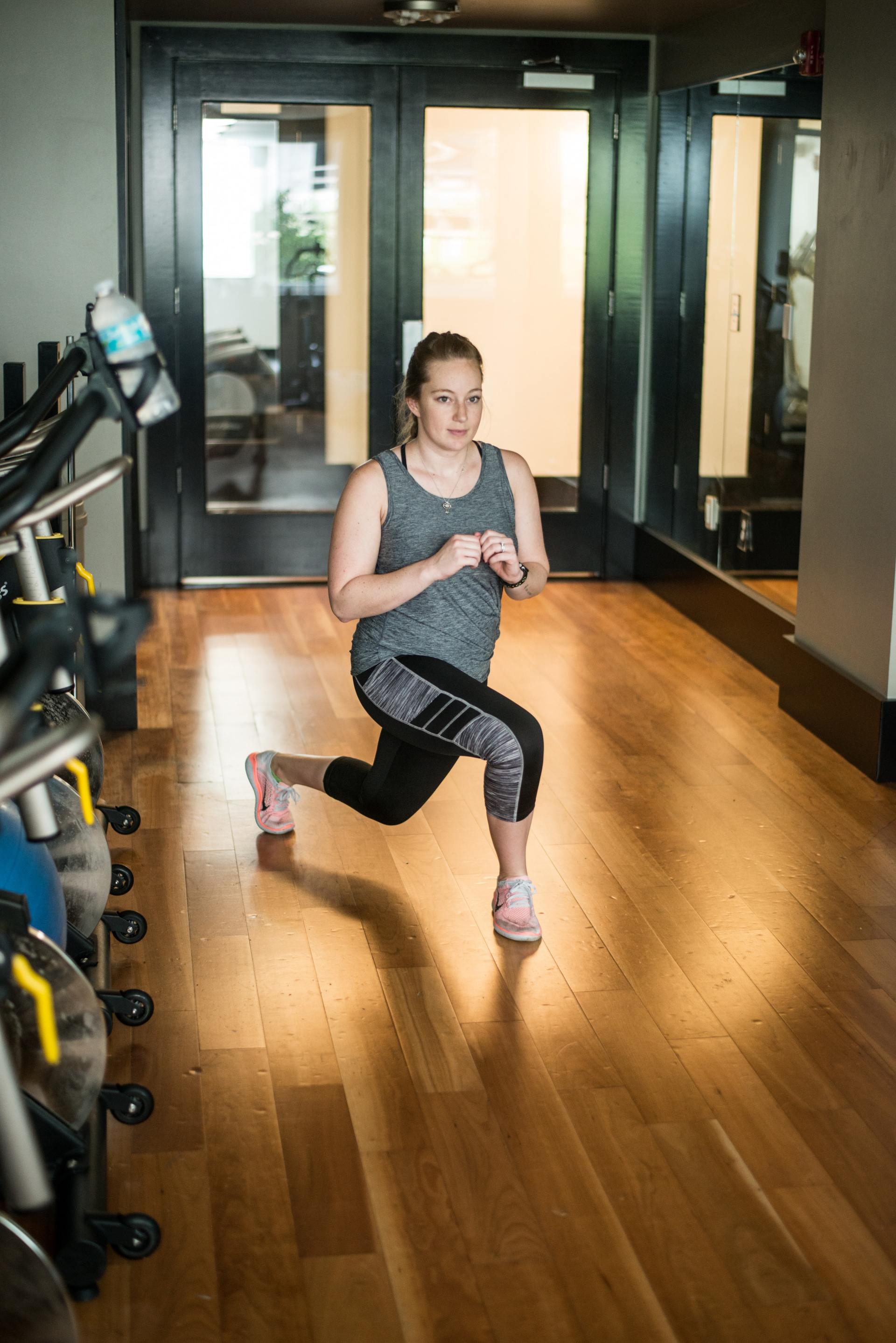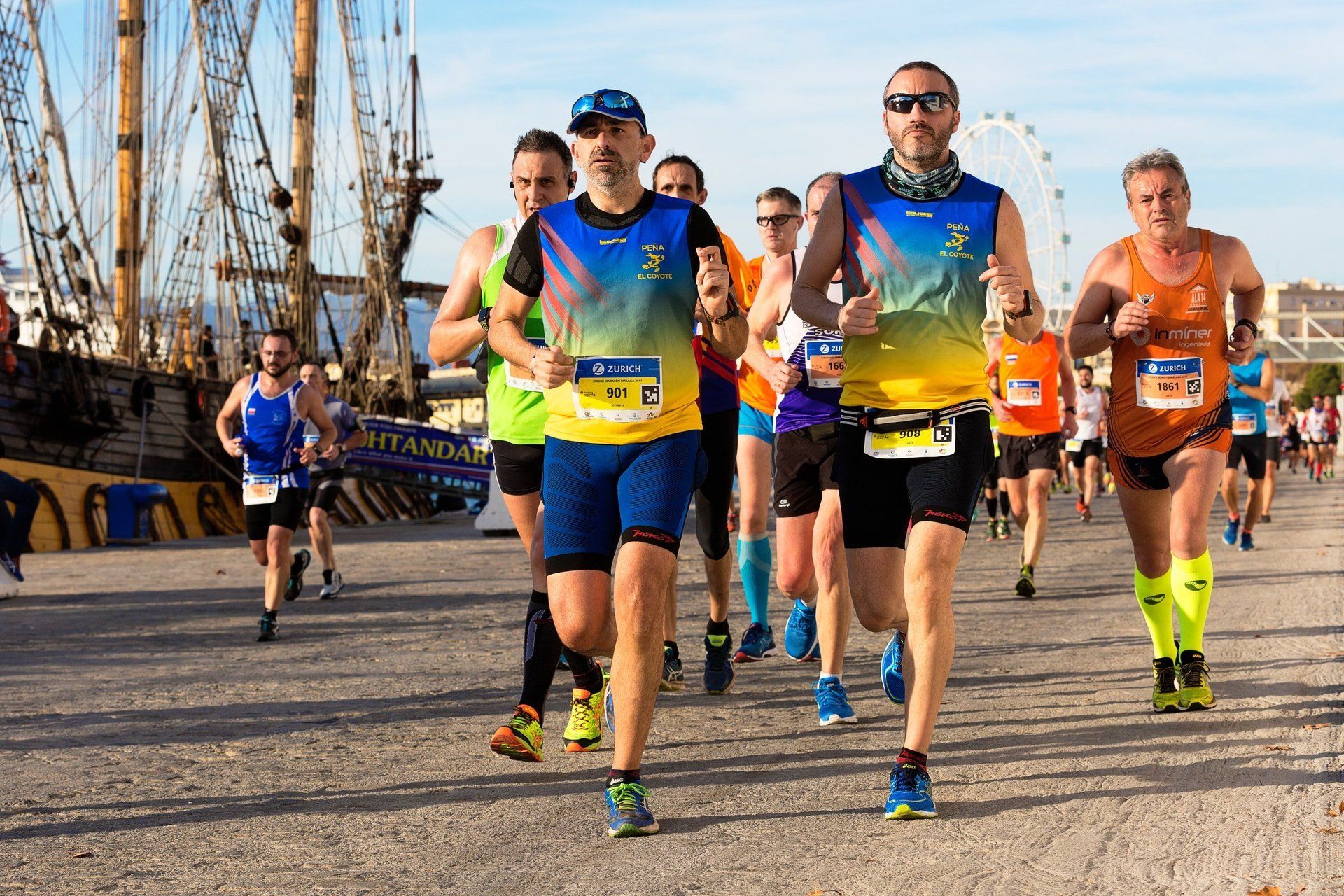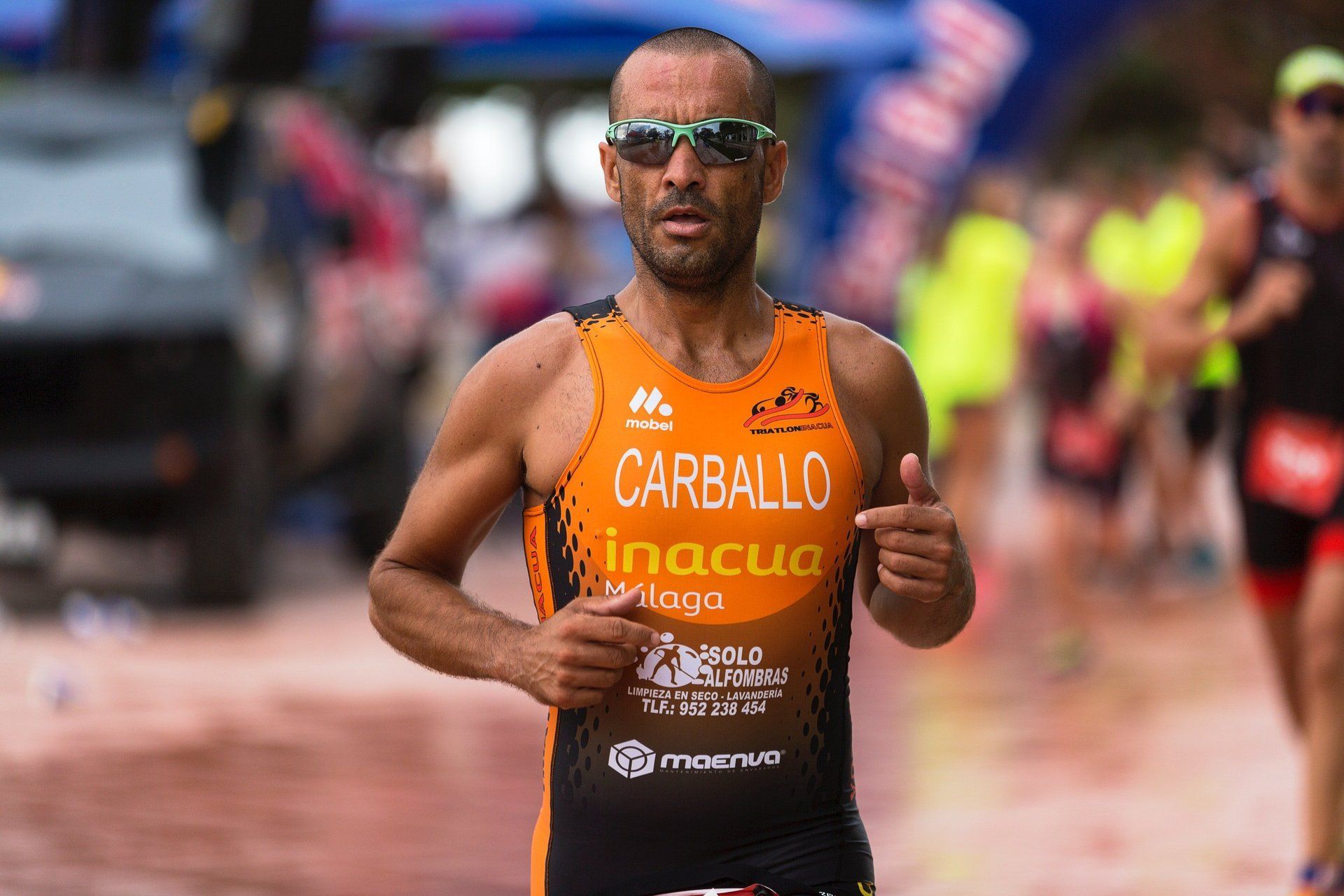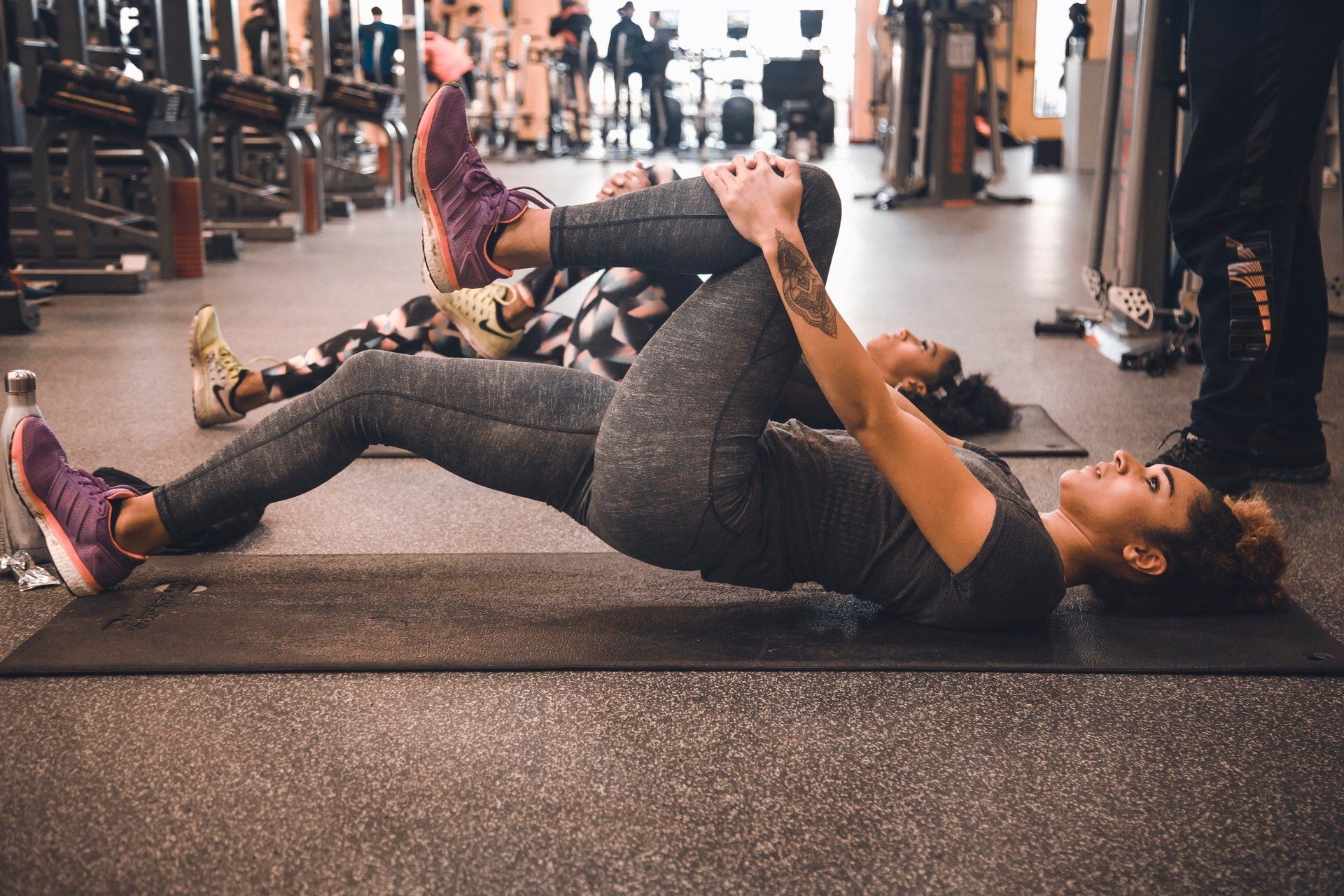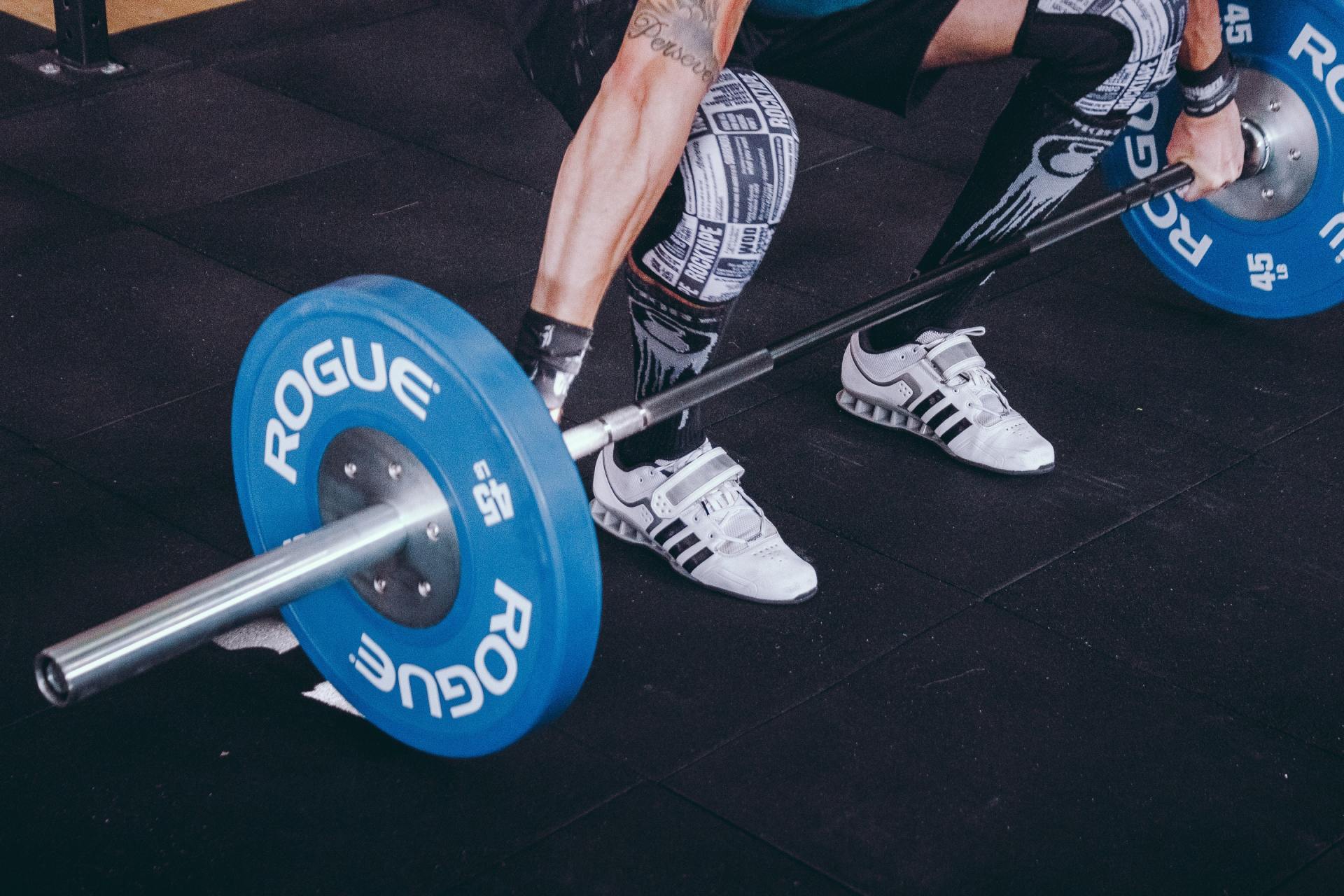Refuel after Exercise
What you do for the rest of the day when you are not exercising is just as important as what you do when you are exercising.
Refuel
Not refueling after exercise, especially after long or intense bouts, is possibly the single worst thing you can do to thwart your recovery. The most important aspect of optimal recovery from hard workouts is refueling nutrient-depleted muscles. Refueling after workouts is important for several reasons including the replenishment of fuel stores and the repair of muscle damage. In regards to fuel, carbohydrates are the most important nutrient to replenish. It has been known since the late 1960s that exercise performance is strongly influenced by the amount of pre-exercise muscle glycogen and that intense endurance exercise decreases muscle glycogen content.
Glycogen synthesis is a complex biochemical process largely controlled by insulin and the availability of blood glucose. Muscles are picky when it comes to the time for synthesizing and storing glycogen. Although glycogen will continue to be synthesized until storage in your muscles is complete, the process is most rapid if you consume carbohydrates within the first 30 to 60 minutes after workouts. Indeed, delaying carbohydrate ingestion for just two hours after a workout has been shown to significantly reduce the rate at which glycogen is synthesized and stored.
Regarding reparation of cellular damage, protein
is another important nutrient to consume after hard and long workouts, especially when trying to build muscle. To repair muscle fibres that are damaged during training, you need to consume complete protein (those which contain all essential amino acids) after your workout. Some studies have found that eating protein and carbohydrates together also maximizes muscle glycogen storage, although this doesn't seem to be the case when an adequate amount of carbohydrate is ingested. My Protein provide some excellent product that combine a good mix of carbs and protein which can be taken pre intra or post workout, check out their protein products here.
Re hydrate
Water is vital for many chemical reactions that occur inside our cells, including the production of energy. When you sweat during exercise, you lose body water that can affect cellular processes. In addition, your blood volume decreases and becomes thicker if they don't replace fluids. The result is a lower stroke volume (the amount of blood pumped by the heart per beat), cardiac output (the amount of blood pumped by the heart per minute) and ultimately a decreased oxygen delivery. The ability to exercise starts to decline with only a two to three percent loss of body mass due to fluid loss.
The best re-hydration fluids are those that contain sodium
, which stimulates the kidneys to retain water. However, if your workouts are at a low intensity and last less than an hour, plain water in combination with a balanced diet is just as effective. A good indicator of your hydration level is the colour of their urine, with a light colour indicating adequate hydration. On the other hand, if your urine looks like apple juice, then keep drinking.
Richard Watson
Sports Therapist




